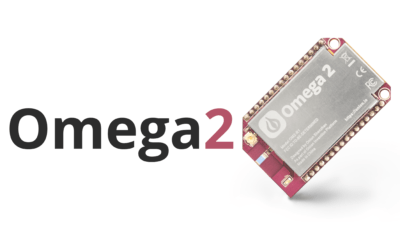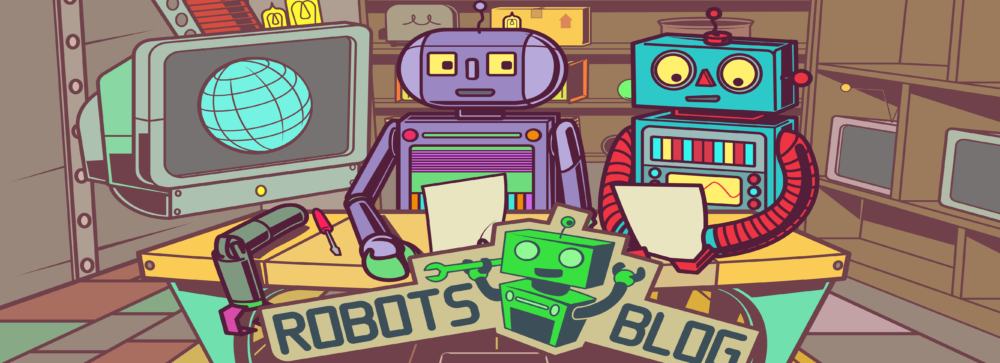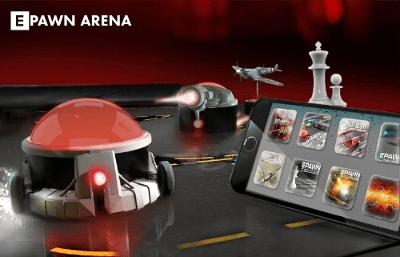
„We created the Omega2 to be the most accessible hardware development board,“ says co-founder and CEO Boken Lin. „We do this in two ways, by making it extremely affordable, and by making it very beginner-friendly. There is always a risk involved with trying new things, and by reducing the price to starting at just $5, we hope to minimize that risk so more people can make the plunge. Making it beginner-friendly means that even users with no electronics experience can do something with the Omega2 on day one.“
With a myriad of hardware development boards already on the market, the Omega2 is uniquely positioned as having the advantages of single-board computers such as the Raspberry Pi as well as microcontrollers such as the Arduino. It is much smaller than the Raspberry Pi (less than ¼ the size), and it is much more power-efficient, yet at the same time, it is much more powerful and robust than the Arduino, allowing it to be used in applications such as video/audio streaming, etc.
Because the Omega2 runs Linux, and for inexperienced developers, developing on it will feel much like using a regular computer. An added advantage to supporting Linux is that the Omega2 supports many programming languages. This capability makes the Omega2 approachable for existing programmers who are new to hardware development, allowing them to build hardware projects with familiar languages and programming environments. Finally, for users with absolutely no experience in programming, the Omega2 integrates Node Red, a programming environment developed by IBM that allows users to program IoT devices by simply dragging and dropping block diagrams.
„Everything around us is becoming smart.“ says Lin. „It started out with the smartphone movement in 2006, and now everything from thermostats to televisions, from cars to light bulbs are becoming smart. We want to create the tools that give everyone the power to reinvent their environment. And that’s why we have worked so hard to make the Omega2 so simple and affordable for everyone.“
Onion is a startup that aims to create “The Invention Platform for the Internet of Things”, a collection of hardware and software development tools that simplifies the process of creating and manufacturing connected products. The company is based in Boston, Massachusetts, with operations in Toronto, Canada, and Shenzhen, China. Onion completed a very successful Kickstarter campaign last year to launch the first generation Omega. Onion is backed by Techstars, and went through their 2014 Winter program in Boston.

